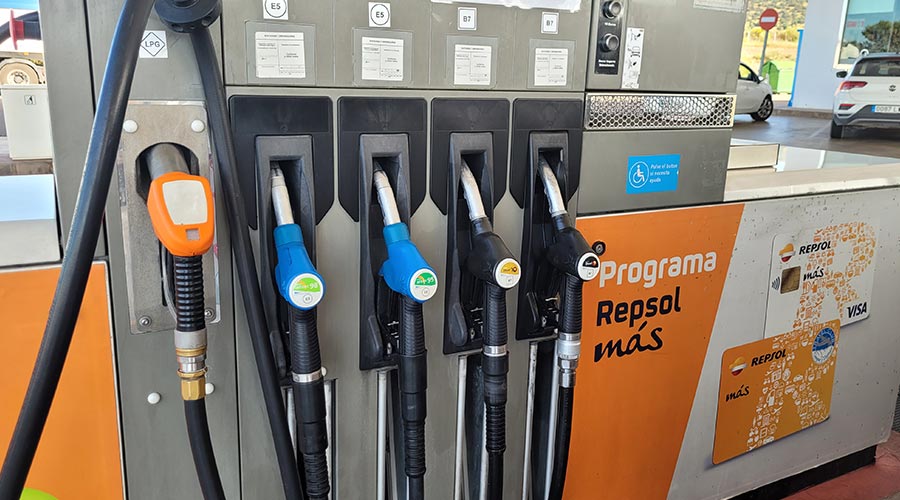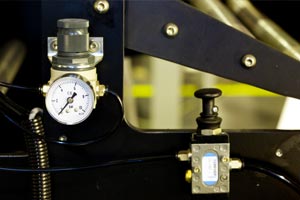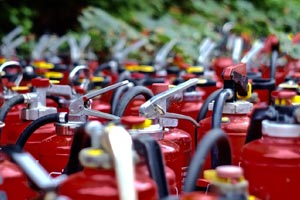What is
verification of AdBlue and LPG dispensers
The verification of fuel dispensers is governed by the provisions of ORDER ITC/3720/2006, of 22 November, which regulates the State metrological control of measuring systems for liquids other than water known as dispensers or dispensers.
For its part, the verification of AdBlue pumps by Order ITC/360/2010, of 12 February, which regulates the State metrological control of measuring systems for liquids other than water known as pumps or dispensers intended for the supply to motor vehicles of substances not intended for use as fuel.
Our services


What is the time limit for periodic checks?
- 1 year
Which equipment must be verified?
The State metrological control of pumps or dispensers concerns the in-service phase and includes both the verification after repair or modification and the periodic verification of the dispensers or dispensers.
Fuel dispensers/dispensers: measuring systems designed to supply fuel to motor vehicles, small boats and small aircraft, as defined in Annex IX of Royal Decree 889/2006, of 21 July, which regulates the State metrological control of measuring instruments.
AdBlue dispensers/dispensers: measuring systems for liquids other than water, called dispensers or dispensers intended for the supply to motor vehicles of substances not intended for use as fuel.
Eurocontrol is accredited by ENAC No. OC-I/271 to perform periodic verification and after repair or modification of dispensers at the in-service instrumentation stage in the following categories:
- Fuel dispensers: Minimum measuring capacity, CMM > 2 l Maximum flow rate 200 l/min
- AdBlue dispensers: Flow rate from 2 l/min to 50 l/min
- LPG dispensers with max. flow rate ≤ 50 l/min
Under the accreditation as Inspection Entity EI007, we carry out the periodic verification of phase II petrol vapour recovery systems in oil installations for vehicle supply, in compliance with RD 455/2012, of 5 March, which establishes measures aimed at reducing the amount of petrol vapour emitted into the atmosphere during the refuelling of motor vehicles at service stations, as amended by RD 144/2016.
Discover of our
related services
Why choose Eurocontrol?

a team of experts at your disposal

Geographical coverage nationwide





